Independent managing director Hannah Gill. Photo: Supplied.
Big changes to Canberra’s tenancies laws, making it easier to keep pets and make minor modifications to rental properties, come in to effect today. The new laws, designed to help renters make their house a home, were originally scheduled to come into effect in March 2020 but the ACT government recently announced that they will apply to new leases signed on or after 1 November 2019.
Independent managing director Hannah Gill welcomes the changes but is cautious about any unintended consequences.
The changes include limits on rent increases, meaning landlords will only be able to increase rents annually by a prescribed rate of inflation in Canberra plus 10 per cent, unless they apply to the ACT Civil and Administrative Tribunal (ACAT).
“This means it is vital for owners to raise the rent incrementally every year,” says Gill. “If landlords keep the rent the same for four years, they can’t then decide that they need to raise it substantially to match the market. Small annual raises will keep rents within market norms without going over the prescribed amount,” Ms Gill said.
She is also concerned that increases in rates, land tax and strata fees may not be covered by the prescribed rate of inflation plus 10 per cent.
“Landlords are being limited by the income they make on their investment; however, their costs continue to rise with rates and taxes. I suspect some investors may be forced to leave the market when their sums do not add up,” Gill said.
The new laws also affect pets. Under the old laws, tenants could only keep pets with permission from the landlord. Now the onus of decision making has changed. The starting position is that tenants are allowed to keep a pet unless the landlord shows a reasonable objection. Landlords can impose conditions including cleaning and maintenance requirements and limits on the type and number of pets allowed through ACAT.
“We very rarely see problems with pets,” Gill says. “A good tenant is usually a good pet owner. They take pride in their home and look after it whether they own an animal or not. We’d much rather know that the pet is there so we can allow for it in our inspection reports and cause less angst for the tenants.”
Ms Gill says if things do go wrong, a number of landlords insurance policies cover pet damage to the inside of properties.
“Landlords will need to make sure they are covered and have the right policy in place,” Gill said.
Tenants will also now have the right to make minor modifications to their rental property, including things like putting up picture hooks, painting walls or putting blinds on a window. However, tenants will have to get permission and pay for any modifications that include physical changes as well as alterations that improve safety, security and energy efficiency or better access to telecommunications. The tenant will be responsible for restoring the property to the same condition at the end of the lease unless otherwise agreed.
“They still need to bring the property back to its original condition at the end of the lease. That’s why it’s important to have a really thorough initial inspection so that everyone has a clear record of the property’s original condition and understands what’s expected in relation to any modifications,” Ms Gill says.
“Routine inspections should also be detailed. That way, there are no arguments at the end of the lease.”
Landlords who do apply to ACAT to have specific conditions on a lease, like no pets or modifications, will need to include them in the advertisement for the property. This means all parties will know what the conditions are before applying, saving both parties time and money if the property and its terms do not suit.
“In the long term, tenants want somewhere they can feel comfortable and at home. And the key objective for an owner is to keep good tenants. Less turn over vacancies mean less wear and tear on the property and are good for both parties. If our tenants make the home a little bit more homely for themselves, they’ll be happier and stay longer,” Ms Gill said.
“If you have any questions about the changes, get in touch with your property manager. It’s their job to understand the legislation and help you stay across your obligations as a landlord or tenant.”
Whether you’re a landlord or a tenant, it pays to know your rights and obligations. Visit Independent to learn more.





















